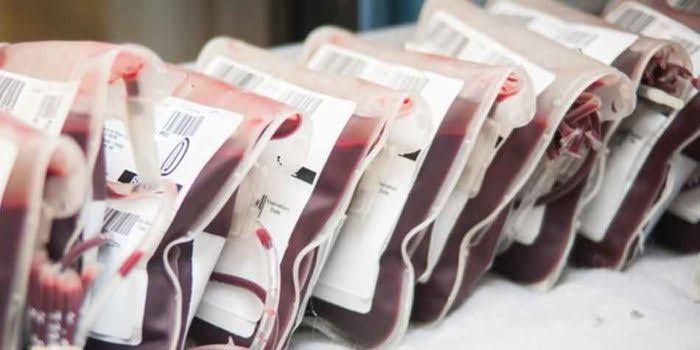Aside from being a sweet and hearty treat, Pumpkin also provides a significant amount of nutrients and potential health benefits, and has even proven to boost fertility in men.
Pumpkins are far more than a seasonal treat, as they are packed with nutrients, such as vitamin A, as well as moderate amounts of many other important compounds, including copper, iron, B vitamins, folate, vitamin E, phosphorous and magnesium.
In a single cup of this vegetable, there are only 30 calories, which makes it ideal for weight loss diets. There are also several types of polyphenolic antioxidants, low levels of fat, and small amounts of protein and dietary fiber.
Pumpkin has been connected to a number of health benefits, such as the ability to improve vision, protect cardiovascular health, boost immunity, increase fertility, improve bone mineral density, and aid weight loss, among others.
With high levels of vitamin C in every bite, pumpkin is an excellent way to promote the health of the immune system, as it can stimulate the production of white blood cells, which are the body’s first line of defense against infections and foreign pathogens.
With the ability to balance the hormones and stimulate the metabolism in various ways, pumpkins have traditionally been known to increase fertility in both men and women.
Pumpkins are surprisingly low in calories, making them ideal for people who are trying to lose weight. While their dietary fiber content is not as impressive as some other vegetables, they can help suppress your appetite without compromising your daily caloric intake.
There is a variety of minerals found in pumpkins, making them an important component in boosting bone mineral density. [11] This includes good amounts of copper, phosphorous, iron, and magnesium.
These vegetables contain high levels of antioxidants and phenolic antioxidants, all of which can boost heart health by reducing oxidative stress in the blood vessels and arteries. Pumpkin seeds, rich in magnesium, can also enhance cardiovascular health when used in moderation, according to the American Heart Association.
With notable amounts of beta-carotene, lutein, and zeaxanthin, these vegetables are excellent ways to boost vision health, as these antioxidants can slow down the progression of both macular degeneration and cataracts. These squash varieties also have more than 250% of your daily requirements for vitamin A, which is linked to vision health.
According to the American Institute for Cancer Research, pumpkin can constitute an important part of your anticancer diet, owing to it being rich in nutrients and phytochemicals.
A 2013 study also found that cucurmosin, a component present in the flesh and seeds of Cucurbita can be key in defending against pancreatic cancer.

 Entertainment6 days ago
Entertainment6 days ago
 Health1 week ago
Health1 week ago
 Health4 days ago
Health4 days ago
 Football1 week ago
Football1 week ago
 Football1 week ago
Football1 week ago
 Crime5 days ago
Crime5 days ago
 Education6 days ago
Education6 days ago
 Health6 days ago
Health6 days ago


